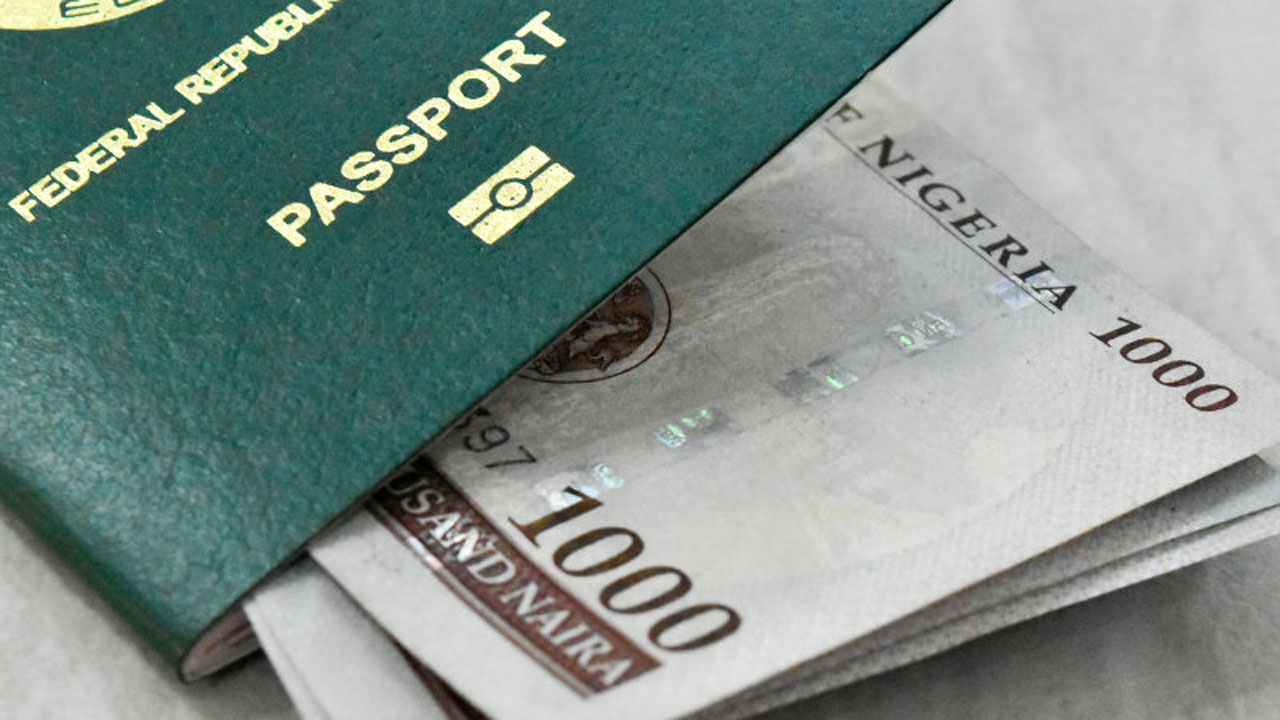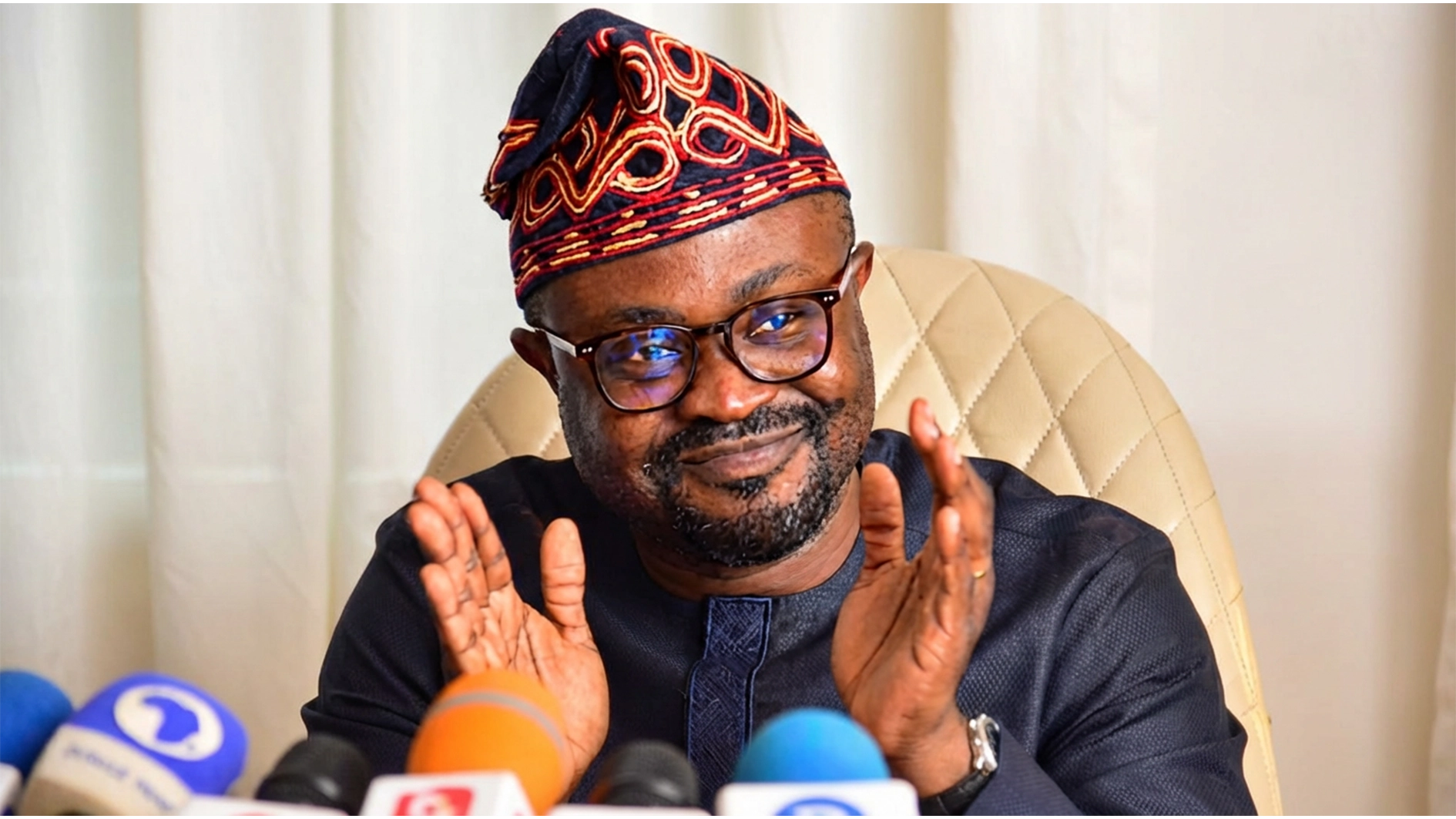
• Makes N19b in one year, excess gain hits N4.5 billion
• Official says consulate uses market-based exchange rate
Though the Federal Government pegged the exchange rate at N305.25 to a dollar, the American Consulate in Nigeria exchanged N400 to a dollar in visa application fees for one fiscal year, until yesterday.
This was deduced from the visa fees and exchange rate published on the website of the American Consulate:https://www.ustraveldocs.com/ng/ng-niv-visafeeinfo.asp.
Consequently, at the exchange rate of N400 to a dollar, a Nigerian applying for the non-immigrant U.S. visa at $160 fee was made to pay N64, 000 instead of N48, 840. The N400-to-a dollar exchange rate allowed the U.S. Consulate to cream off excess gain of N15, 200 per applicant. Even at the black market rate of N370 to a dollar, which was sustained for months, the consulate made an excess gain of N8, 400 on each visa granted Nigerians.
According to the U.S. Department of State, more than 163,000 immigrant and non-immigrant visas were issued to Nigerians between March 2017 and January 2018.
The number of applicants denied visa in 2017 were over 130,000, representing 44 per cent of the visas granted in the fiscal year.
[related ids=”591397″]
Therefore, at the exchange rate of N400 to a dollar, the consulate made nearly N19 billion in 11 months instead of N14.5 billion it would have made at N305.25 to a dollar. The difference of N4.5 billion represents 23 per cent excess gain.
Considering that other visa types such as H, L, O, P, Q, R, K and E attract higher fees, ranging between $190 and $265, the embassy’s gross earnings increased by a significant amount.
For instance, a religious worker travelling to the U.S. had paid N76, 000 for P-type visa instead of N58, 000; the same for athletes, artists and entertainers.
Adam Alqali, a reporter with an online newspaper, African News Page, said he felt cheated when he realised he paid $160 at N400 to a dollar rate, more so, when he was eventually denied a visa.
Alqali was offered a fellowship to attend Federation of Science Conference in San Francisco in October 2017, all expenses paid by his sponsor.
“Despite the fact that all my papers were valid, I was still denied a visa. That was how I missed an opportunity to attend the fellowship,” he said.
A visa applicant, Kayode Bello, described the exchange rate as “extortion.”
Bello, who was denied U.S. visa early March 2018, said the ideal for which America is known globally did not support taking advantage of people who want to travel to the United States.
“Not all of us are running away from Nigeria as the U.S. consular officers always like to assume,” he said.
Bello said he had written to the Ministry of Foreign Affairs, asking the authorities to wade into the matter but there was no response.
In a mail sent to The Guardian, Darcy Fyock Zotter, the Public Affairs Officer U.S. Consulate, Lagos justified the exchange rate of N400 to a dollar.
“We note that there are multiple exchange rates listed for Nigeria. The U.S. Mission Nigeria uses a market-based exchange rate for the payment of U.S. visa fees.”
But Zotter did not explain how the Consulate arrived at N400 to a dollar rate.
Notwithstanding, more Nigerians are being refused the chance to visit America in the last three years.
The statistics published by the U.S. Department of State show that the refusal rate for B-visa has increased from 32 per cent in 2015 to 44 per cent in 2017, despite the rip-off.
One of the applicants denied B-visa recently, Paul Oletu, said he had been twice denied the permit in 2015 and 2018.
“At the last time, I did not spend more than two minutes with the consular officer before I was dismissed. I could not believe it happened so fast. I don’t know what the visa officer saw that made him to make such a quick decision. It was a group visa, and only two applicants in the group were granted out of 50 of us.”
Oletu said the news of his denial sent him into depression. “I could not go to work for three days after they denied me. I paid a total of N190, 000, including consultancy fees, all for nothing,” he said.
The Guardian’s effort to get reaction from the Ministry of Foreign Affairs was rebuffed.
Meanwhile, the exchange rate was lowered yesterday to N360 to a dollar.
In a mail sent to The Guardian yesterday, Information Officer at the Public Affairs Section of the U.S. embassy in Nigeria, Russell K. Brooks, confirmed the change.
He reiterated that naira-to-dollar rate changes periodically subject to market-based exchange rate established by commercial banks in concert with the Central Bank of Nigeria.
Brooks also gave a hint that visa fees might increase soon.
“U.S. policy requires reciprocity with regard to visa fees. Discussions have been underway to ensure that the fees paid by U.S. citizens match those paid by Nigerians,” he said.
[ad unit=2]






